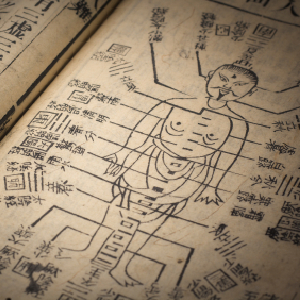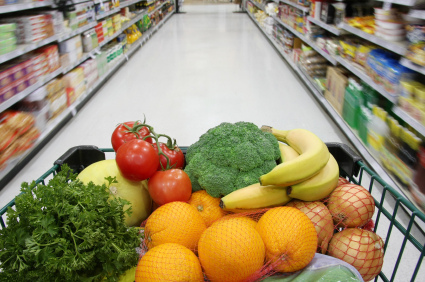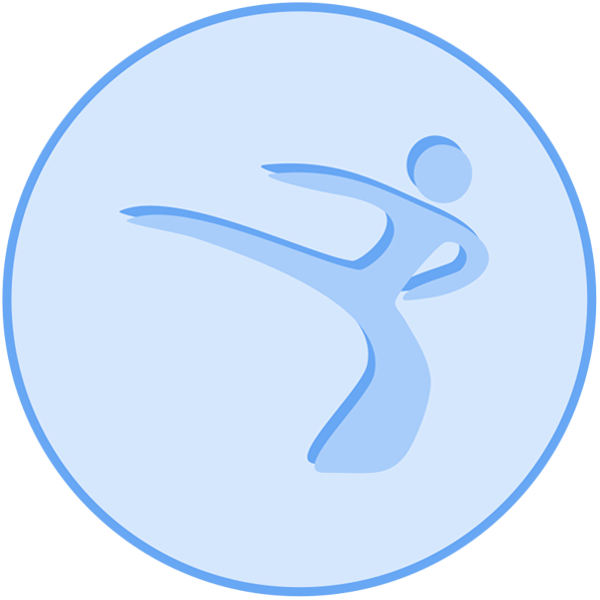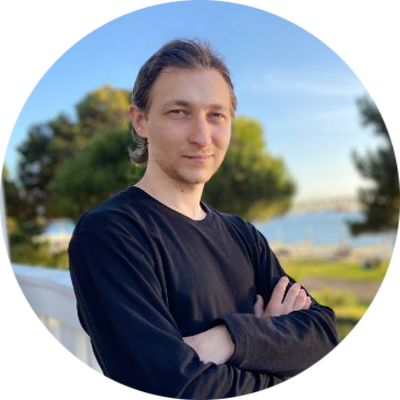Biological rhythms
Ancient people said: “If you live according to the Qi energy of the Heaven and Earth, you will live as long as Heaven and Earth live” ("Yellow Emperor's Inner Canon"). The Earth rotates around the Sun, the Moon revolves around the Earth, the high tide of the sea is followed by ebb, night comes after day, winter gives way to spring as spring to summer. It is clear, that in nature everything moves by it's own rhythm.
From a physiological point of view, the human is a highly organized, multi-cellular organism with strong life-support systems. The human body lives by it's own biological rhythm. We are awake during the day, because our blood is filled with 'daytime hormones' that support emotional and physical activity. In the evening, preceding nightfall the blood receives the 'night hormone' melatonin. This is an amazing substance that is produced only by epiphysis at night and it is released into the blood according to the time of the night. In some cases, seniors suffer from insomnia due to the lack of melatonin secretion. Melatonin medications are often used as hypnotics.

The first notes about human biological rhythms were made in China approximately 3,000 years ago by Chinese martial artists. Martial arts have a close connection with the knowledge of the human body, physiology and medicine.
According to Wu Xing theory, known as the interaction of Five Elements, the internal organs of the human body have a precise working rhythm with very active and non-active states. For example, the stomach meridian is in a state of high activity from 7 till 9 am, so breakfast should be done within this time interval: you should eat a higher amount of calories. During the rest of the day you should decrease your caloric intake. No food at night is advisable, save for some fruits and/or dairy products in small amounts, and not later than 3 hours prior to bedtime.
You might say: "I can't sleep on an empty stomach!". Yet, you must. It is proven that the main epithelial regeneration in the digestive tract occurs at night. When you go to sleep at night and the stomach is empty, then all of the digestive tract renews it's cells. You should not interfere with your own cellular renewal – simply let your stomach regenerate for the night. When not followed, the stomach that is full will be engaged in digesting, and regeneration of the epithelium will be not complete, which can lead to diseases of the digestive tract. Additionally, smoking, stress and alcohol can cause gastritis which could be followed by stomach ulcers, not to mention heart disease.
Lung meridian has the highest level of activity from 5 to 7 am. Lungs are working at their peak efficency. During this time the effectiveness of exercises is 3 times higher than in the evening. Therefore it is recommended to arrange a morning workout between 5 to 7 am. Due to the high efficiency of gas (air) exchange in the lungs and in the tissues, elimination (removing) of metabolic waste is fast and comprehensive. As a result the muscles will tire less, contract better and respond extremely well to the nerve impulse. Coordination of movement in this period will be also higher than at any other time of day.
 Each of our internal organs has a maximum effective period, and as you know, if there is a maximum, then there is also a minimum. For the stomach, the time of minimal activity is 7 – 9 pm, but this is typically the time of family dinner – then what should you do? The simple answer is that your dinner should consist of a small number of easily digestible foods 3 hours before bedtime. If the dinner smells and looks very appetizing, then gather all your willpower and leave this delicious food for tomorrow morning! After while, you will use to eat more heartily in the morning and less so in the evening.
Each of our internal organs has a maximum effective period, and as you know, if there is a maximum, then there is also a minimum. For the stomach, the time of minimal activity is 7 – 9 pm, but this is typically the time of family dinner – then what should you do? The simple answer is that your dinner should consist of a small number of easily digestible foods 3 hours before bedtime. If the dinner smells and looks very appetizing, then gather all your willpower and leave this delicious food for tomorrow morning! After while, you will use to eat more heartily in the morning and less so in the evening.
After 45 years, the amount of food should be reduced, but the fruits, vegetables and sour-milk products, can be used in the same quantity. These are the first steps toward longevity.
"A journey of a thousand [miles] begins with a single step", we will help you make it further.



